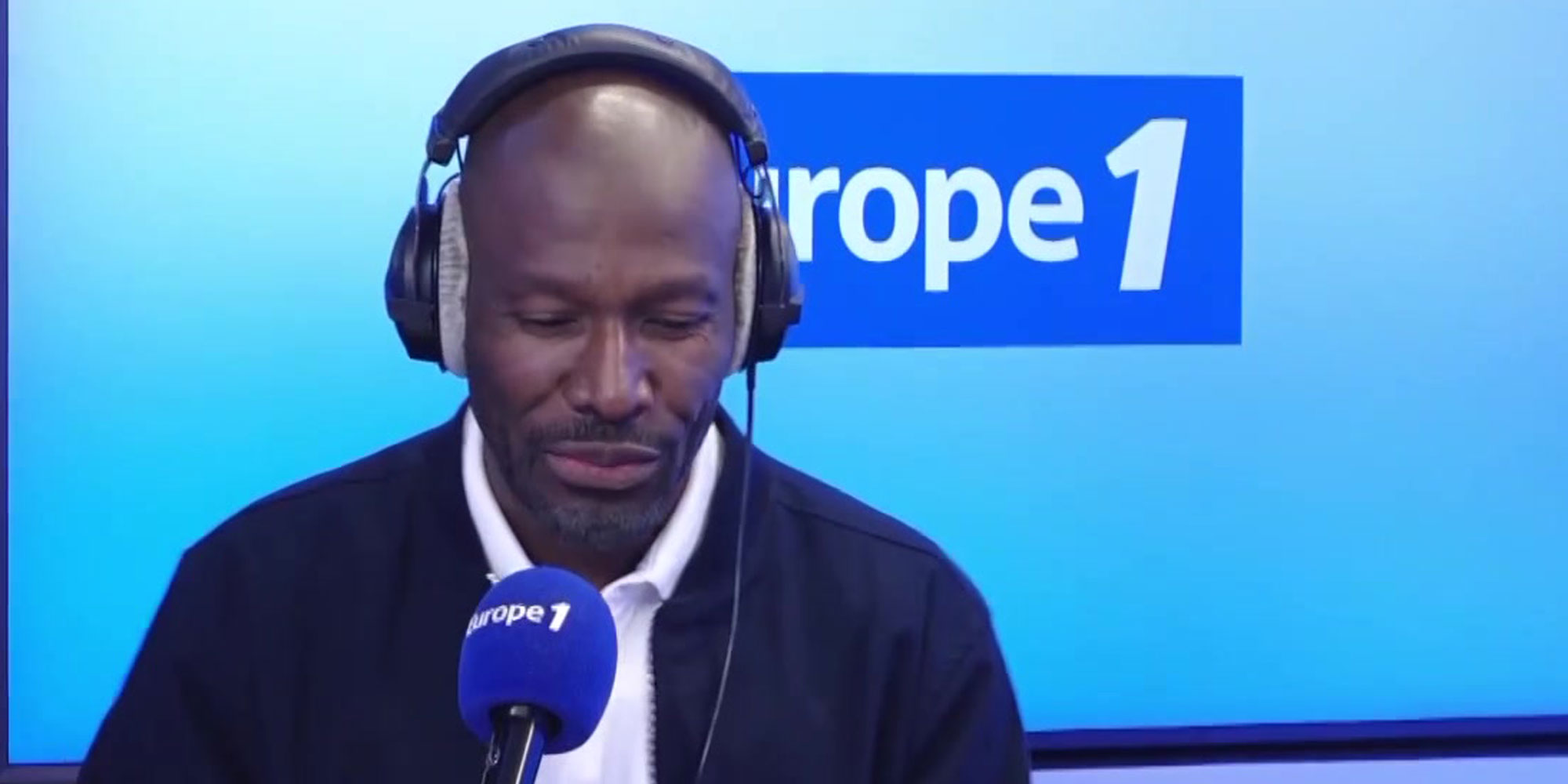Anicet Mbida 06:52, 02 June 2023
Anicet Mbida gives us every morning what is best in innovation. This Friday, he is interested in good news for ecology, the marketing of the first biodegradable water bottles.
Today's innovation echoes the treaty against plastic pollution under discussion since the beginning of the week. And that's good news: the marketing of the first biodegradable water bottles.
The first ones that can replace plastic bottles. Whether it's water bottles or soda.
They have nothing to do with today's transparent bottles. They are white, opaque, they look more like milk bottles. When you touch them, you even feel like they're made of plastic. Except that they are made entirely from vegetable oil and food waste. This allows them to fully compost in 90 days without leaving any toxic residue. And if they have the misfortune to end up in nature or in the ocean, they will totally decompose between one and four years depending on weather conditions. Plastic, it is remembered, takes more than 500 years!
But how much does this bottle cost?
Very expensive, unfortunately: around 2€ per piece! You know how much a plastic bottle costs? Less than 30 cents. So at this price, there is no real competition.
But you have to start somewhere. Prices will naturally fall with volumes. Especially since the raw material, made mainly of waste, costs almost nothing.
It should be known: by putting pressure on soda sellers (the biggest plastic polluters), all have tried to develop biodegradable bottles. Pepsi was the first, more than a decade ago. But still nothing came out. Coca-Cola has just given up to turn exclusively to recycled plastics (which take 500 years to decompose). The same goes for cardboard bricks, which are easier to recycle, but are not compostable because of the waterproofing film inside. Well, Cove, a small startup just showed that it's possible. This could revive research in the sector.
Now that there is an alternative, could we end up banning non-biodegradable bottles?
Yes! This is also one of the issues at stake in an international treaty such as the one currently under discussion.
But it is true that the price remains a real brake ... The ecological transition will be expensive. We're going to have to get used to it.

